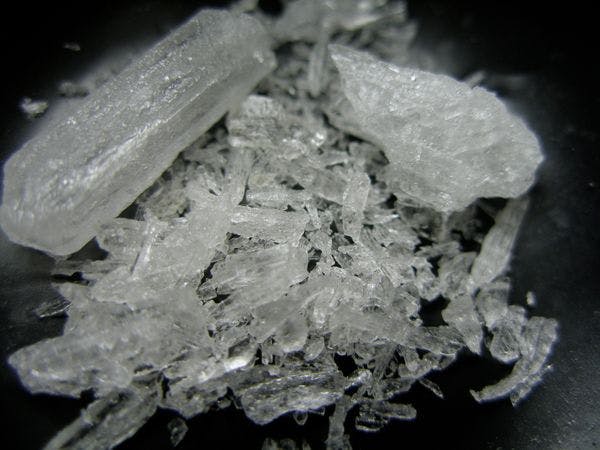Mesures répressives et compressions budgétaires : la politique des drogues Indonésienne
Avec la réduction du budget pour la réhabilitation une grande partie du million de personnes indonésiennes dépendantes aux drogues se retrouvent uniquement avec des remèdes à base de plantes ou fondés sur la foi.
Pour en savoir plus, en anglais, veuillez lire les informations ci-dessous.
Abonnez-vous à l'Alerte mensuelle de l'IDPC pour recevoir des informations relatives à la politique des drogues.
Rizki Mulyadi sits half-submerged in a steaming herbal bath, hands folded in his lap and head down.
The 26-year-old hopes the concoction he is bathing in - and the Islamic teacher who makes it - will help him overcome a six-year addiction to the drug of choice for many in Indonesia: crystal methamphetamine, or "meth".
The traditional rehabilitation centre in Purbalingga village on Java island says it has treated hundreds of addicts, such as Mulyadi, with herbal teas and baths, prayer and counselling.
"There is an urgent need to have a more nuanced conversation about what effective, human rights-compliant treatment entails in Indonesia, and to clearly differentiate between cmpulsory or mandatory forms of treatment, and truly voluntary, community-based options," Rick Lines, executive director at UK-based Harm Reduction International, told Al Jazeera.
Keep up-to-date with drug policy developments by subscribing to the IDPC Monthly Alert.
Thumbnail: Flickr CC WikimediaCommons
